A Lung Cancer Screening Could Save Your Life
There's a life-saving screening test for heavy smokers that can help detect lung cancer earlier when it's most treatable. Find out if you're eligible.
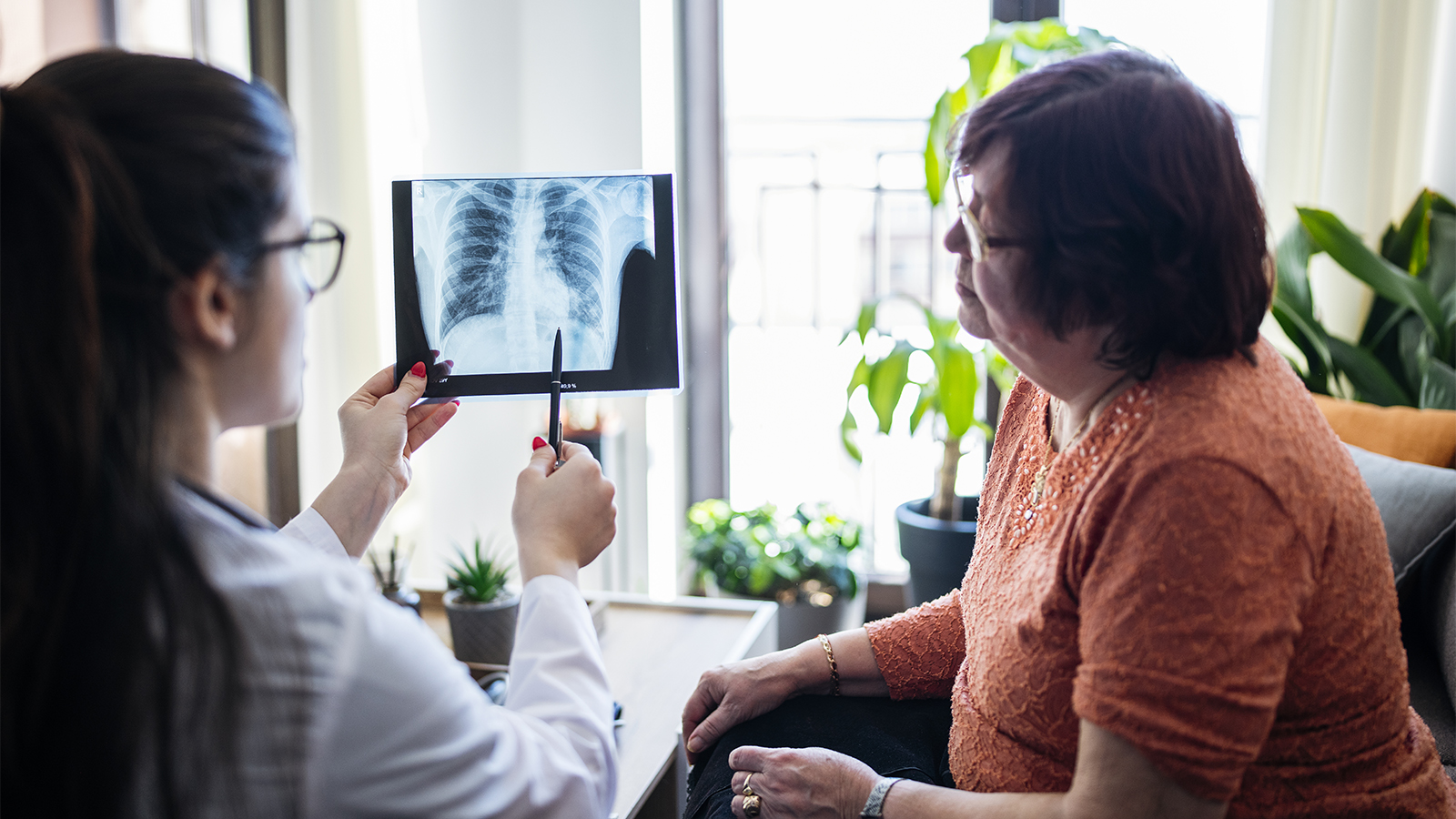
By Matthew Puc, MD, Walter Boris, DO, and Kimberly Shemanski, MD —Virtua Thoracic Surgeons
Many people aren’t aware that a lung cancer screening exists. For those who know about it, many incorrectly believe they’re not eligible or are concerned that the test won’t be covered by insurance.
Additionally, people don’t want to be judged for smoking or feel pressure to quit. Some smokers view a lung cancer diagnosis as inevitable, or as a punishment for their decision to smoke. As a result, they avoid discussing their smoking habits and lung cancer screening options with their doctor.
Regardless of your current smoking status, lung cancer screening could save your life.
Here’s what you need to know about lung cancer screening, including who’s eligible, how it works, and the risks and benefits.
Who’s eligible for lung cancer screening?
A lung cancer screening is an imaging test that doctors use to finds signs of lung cancer before noticeable symptoms develop. Early diagnosis increases your chances for successful treatment and a greater life expectancy. But, studies show that only about 5 percent of eligible people—including current and former heavy smokers—are taking advantage of this life-saving test.
You may be eligible for a lung cancer screening if you meet the new criteria outlined in the US Preventative Services Task Force guidelines.
Latest Lung Cancer Screening Guidelines:
- Age 50 to 80
- Current or former smoker
- 20 pack-year history*
*A pack year is the number of packs smoked daily multiplied by the number of years smoking. Example: 1 pack a day x 20 years = 20 pack-years
Because only 10-15 percent of lung cancers occur in people who never smoked, lung cancer screening is only recommended for older people who have a history of smoking.
Most health insurance companies, including Medicare and Medicaid, cover lung cancer screening for people who meet the eligibility criteria.
What happens during a lung cancer screening?
Lung cancer screening is a noninvasive, painless imaging test that’s performed using low-dose radiation computed tomography (LDCT) technology, also called a low-dose CT. This type of CT uses 75% less radiation than a regular CT and doesn't require needles. During the test, an imaging machine creates detailed pictures of your lungs. Your doctor checks these images looking for suspicious areas.
Studies show that LDCT scans provide better lung cancer screening results than traditional X-ray imaging. In fact, a 2011 landmark study, the National Lung Screening Trial, showed that eligible people who were screened for lung cancer using LDCT had a 20 percent lower risk of dying from lung cancer. LDCT scans also reduce radiation exposure.
What are the benefits of lung cancer screening?
The primary benefit of lung cancer screening is that it can detect signs of lung cancer early, when the disease is most treatable and curable. Lung cancer—the leading cancer killer of men and women in the U.S.—often doesn’t cause noticeable symptoms until it’s in its advanced stages, when it’s more difficult or impossible to cure.
Today, approximately 75 percent of lung cancer cases are found AFTER they become inoperable. If lung cancer can’t be treated with surgery or if it has spread to other areas of the body, the cancer care team may recommend treatment that includes:
- Radiation
- Chemotherapy
- Radiosurgery (pinpoint radiation of tumors)
- Targeted drug therapy
- Immunotherapy (using the body’s immune system to fight cancer)
What are the risks of lung cancer screening?
Lung cancer screening can lead to a “false-positive” result, which occurs when follow-up tests find that a suspicious area (seen in an image) actually isn’t cancerous. A false-positive can result in invasive follow-up testing and lead to further radiation exposure. You can lower your risk of a false-positive result by having your test at an imaging center that routinely performs lung cancer screening using state-of-the-art lung imaging technology. You can also have your results verified further by making sure that your imaging is reviewed by cancer physicians at a dedicated lung cancer program, such as Virtua Health's.
Take these next steps for your lung health
Talk to your doctor about screening. If you think you might meet lung cancer screening criteria, ask your primary care physician about the test. Your doctor can help you weigh the risks and decide if the test is right for you.
Get help to quit smoking. If you’re a current smoker who’s ready to quit, help is available. Talk to your doctor about quitting smoking in a way that works for you—whether you decide to go cold turkey, take medication, or use nicotine-replacement products.
Learn more about lung cancer screening and surgery at Virtua, or call 856-247-7370 and press #2 to speak to a lung nurse navigator who can assist you with eligibility questions and referrals.
There's So Much More to Explore
Discover expert insights, inspiring stories, health tips, and more by exploring the content below!

Understanding Food Addiction: Causes, Symptoms, and Recovery Strategies

10 Reasons to Schedule Your Colonoscopy Screening Today

At-Home Colon Cancer Tests vs. Colonoscopy: Which Screening Option Is Right for You?

10 Hand Washing Tips to Keep You Healthy All Year

Cervical Cancer Screening Guidelines: What You Need to Know

HeartTalk Magazine

How to Spot the Early Signs and Symptoms of a Stroke

How Weight-Loss Surgery Can Improve Diabetes, Heart Health, and More

How to Achieve Your Health Goals This Year

Knee Replacement Rehab: 7 Exercises to Restore Your Strength and Range of Motion

COPD vs. Asthma: Understanding the Difference in Symptoms

Caregiving During the Holidays: Ways to Manage Stress and Find Joy

Bioidentical Hormone Replacement Therapy Pellets: Relief for Menopause and Andropause Symptoms

COVID-19 Vaccines and Pregnancy: FAQs

How to Exercise Safely with Asthma: Tips, Triggers, and Rescue Inhaler Use

COMFORTing Tips to Avoid Holiday Heartburn

How to Tell the Difference Between Cold, Flu, and COVID-19

Jill Travels From Delaware to South Jersey for Advanced Lung Care

Daily Wellness Checklist: Simple Habits for Feeling Good Inside and Out

5 Types of Lung Disease: Symptoms, Causes, and Prevention Tips

3 Reasons Why Now's the Time to Find Relief From Varicose Veins

Baseball Coach Turns Male Breast Cancer Surprise into Personal Mission
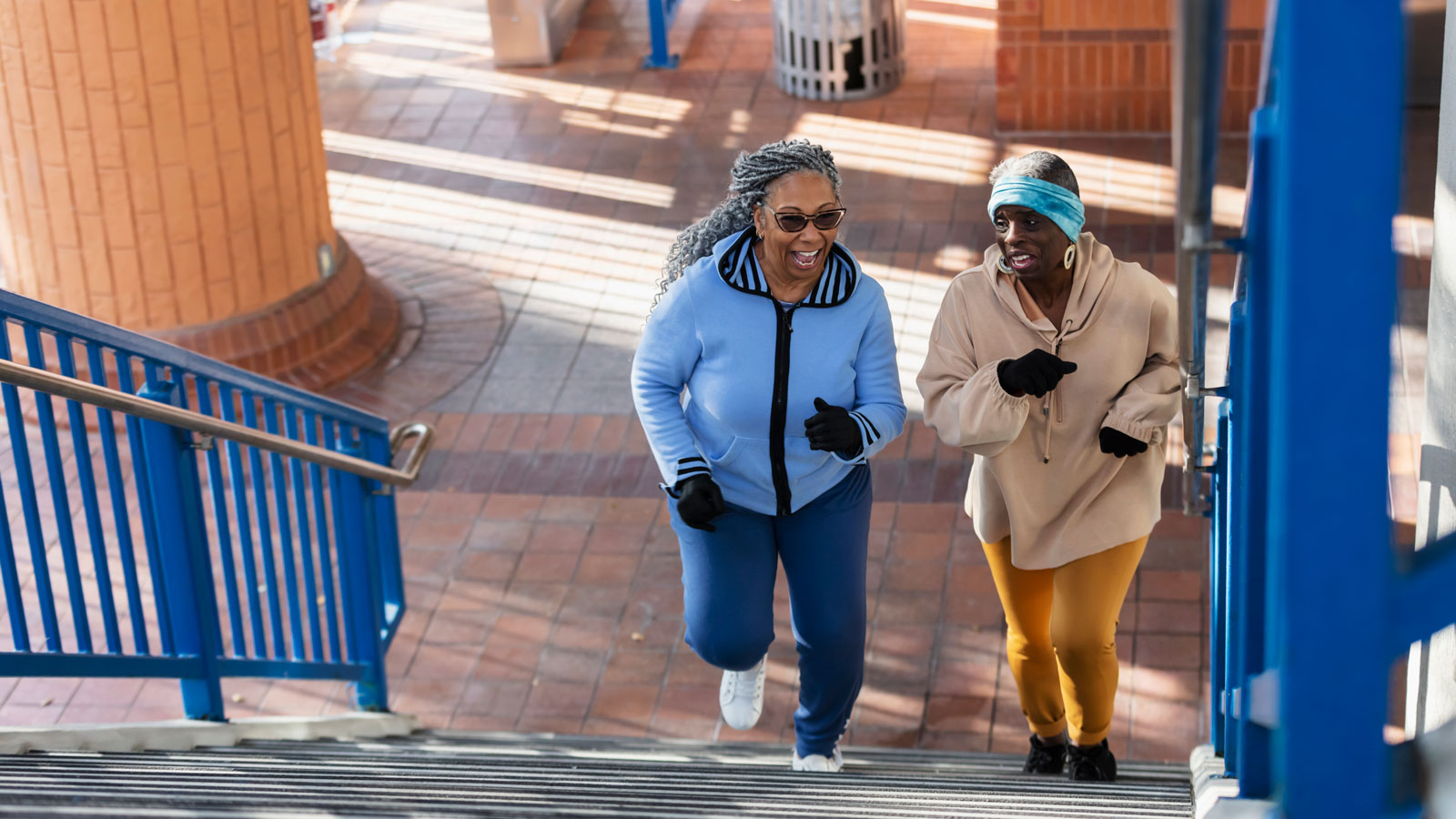
Signs of Lung Disease: What Shortness of Breath Could Mean

How to Get and Stay Healthy This Fall
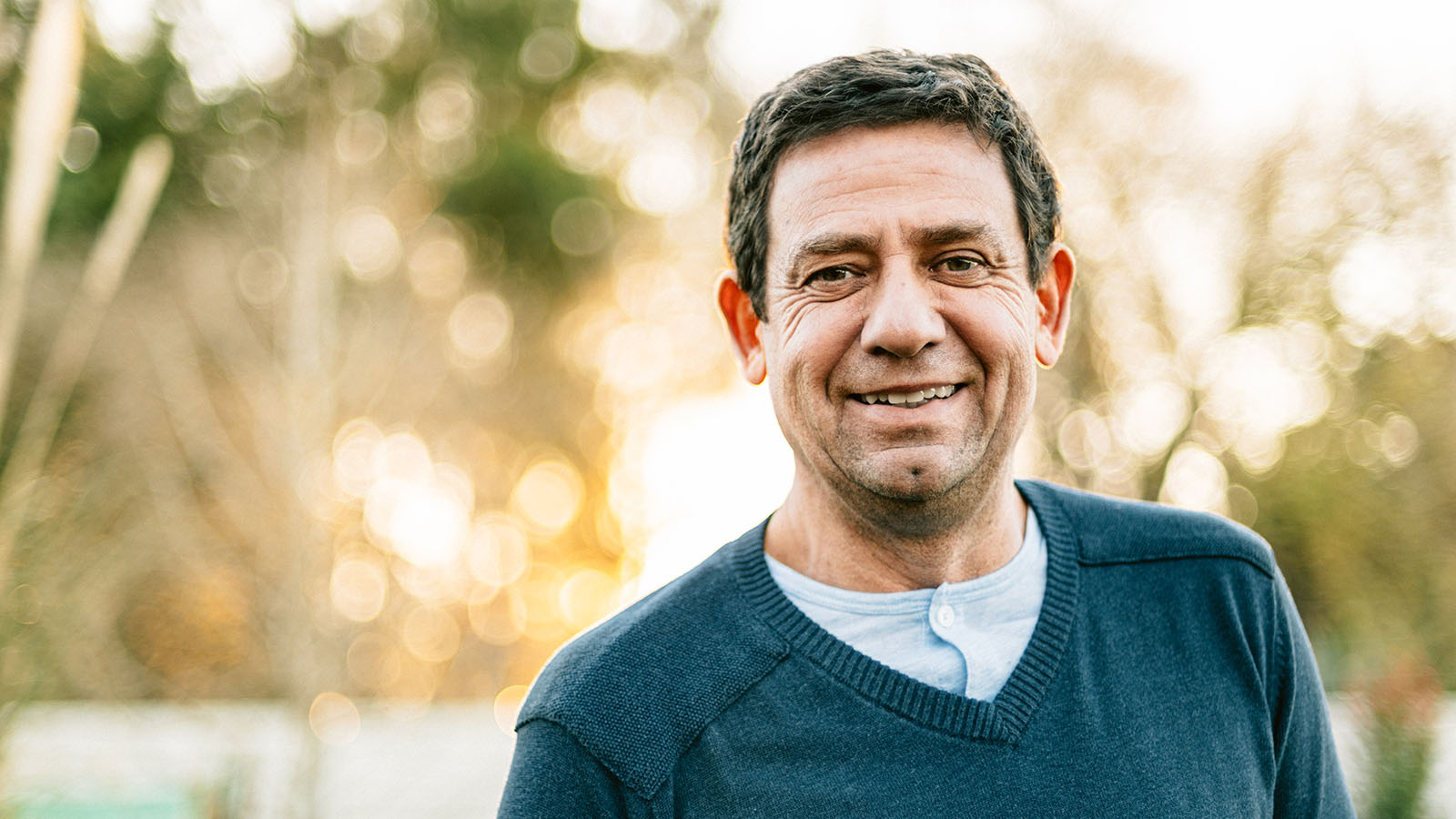
How to Reverse Prediabetes and Prevent Type 2 Diabetes

6 Ways to Get More Out of Your Daily Walk

Young Breast-Cancer Survivor Has New Hope for Healthy Future

Is Cancer Hereditary? What You Need to Know About Your Genetic Risks

Is Your Post-Pregnancy Belly Bulge a Sign of Diastasis Recti?

Your Guide to Mammograms: When to Get Screened and What to Know

The Top 10 Foods That Boost Your Brain Health
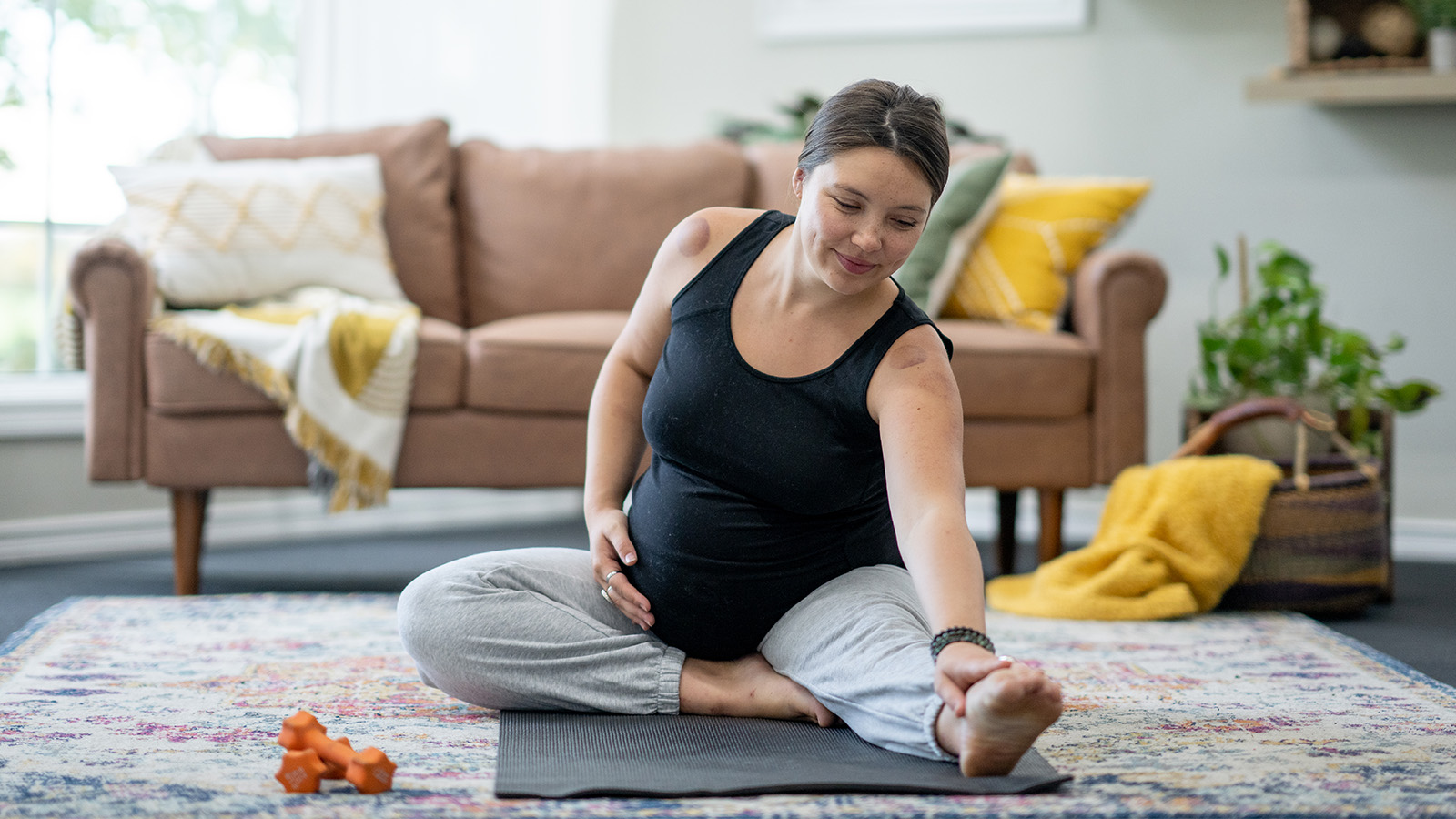
Is It Safe to Exercise During Pregnancy?

Prevent Yard Work Injuries: Tips for Mowing, Gardening, and Raking
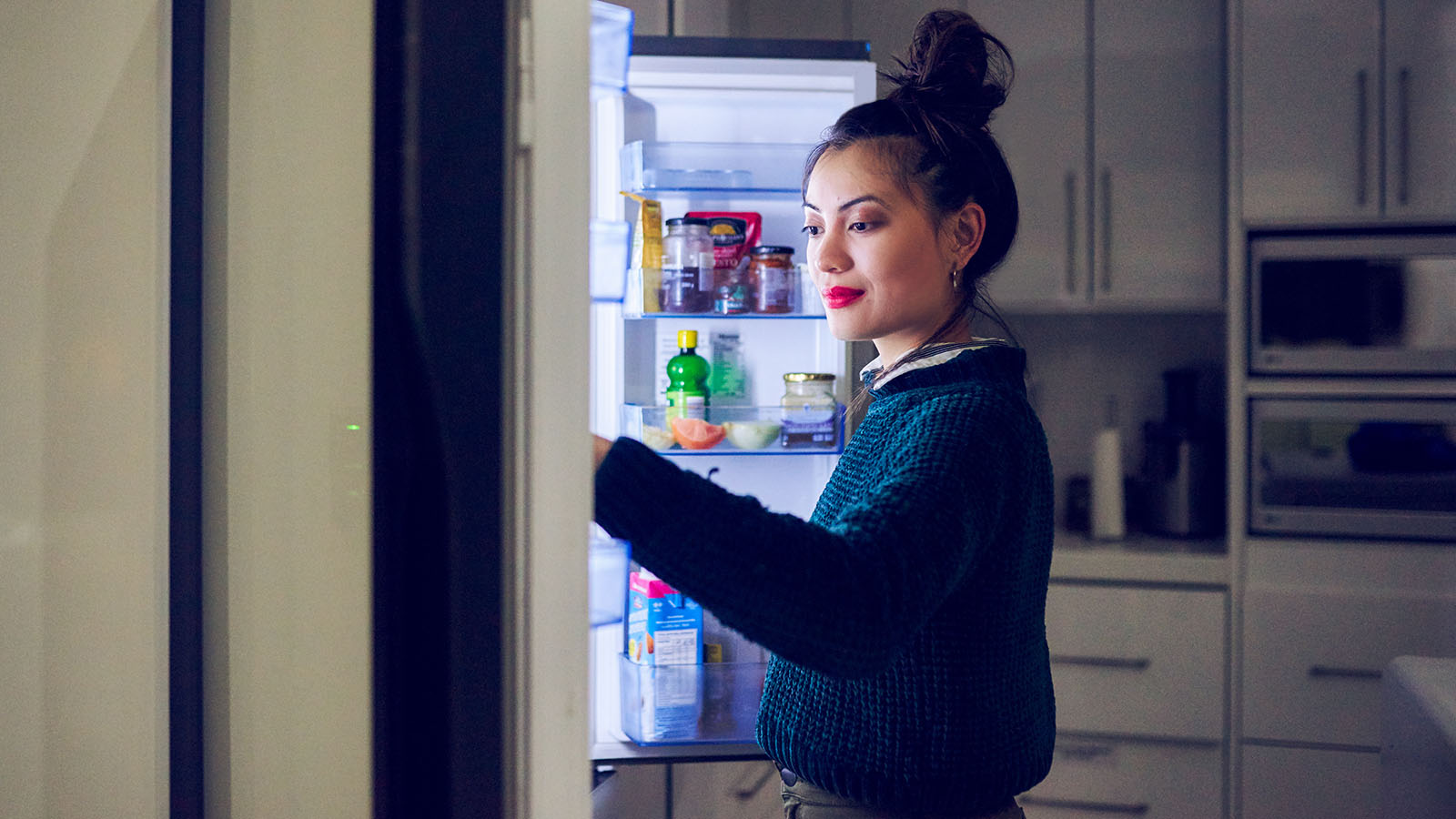
How to Curb Nighttime Snack Cravings
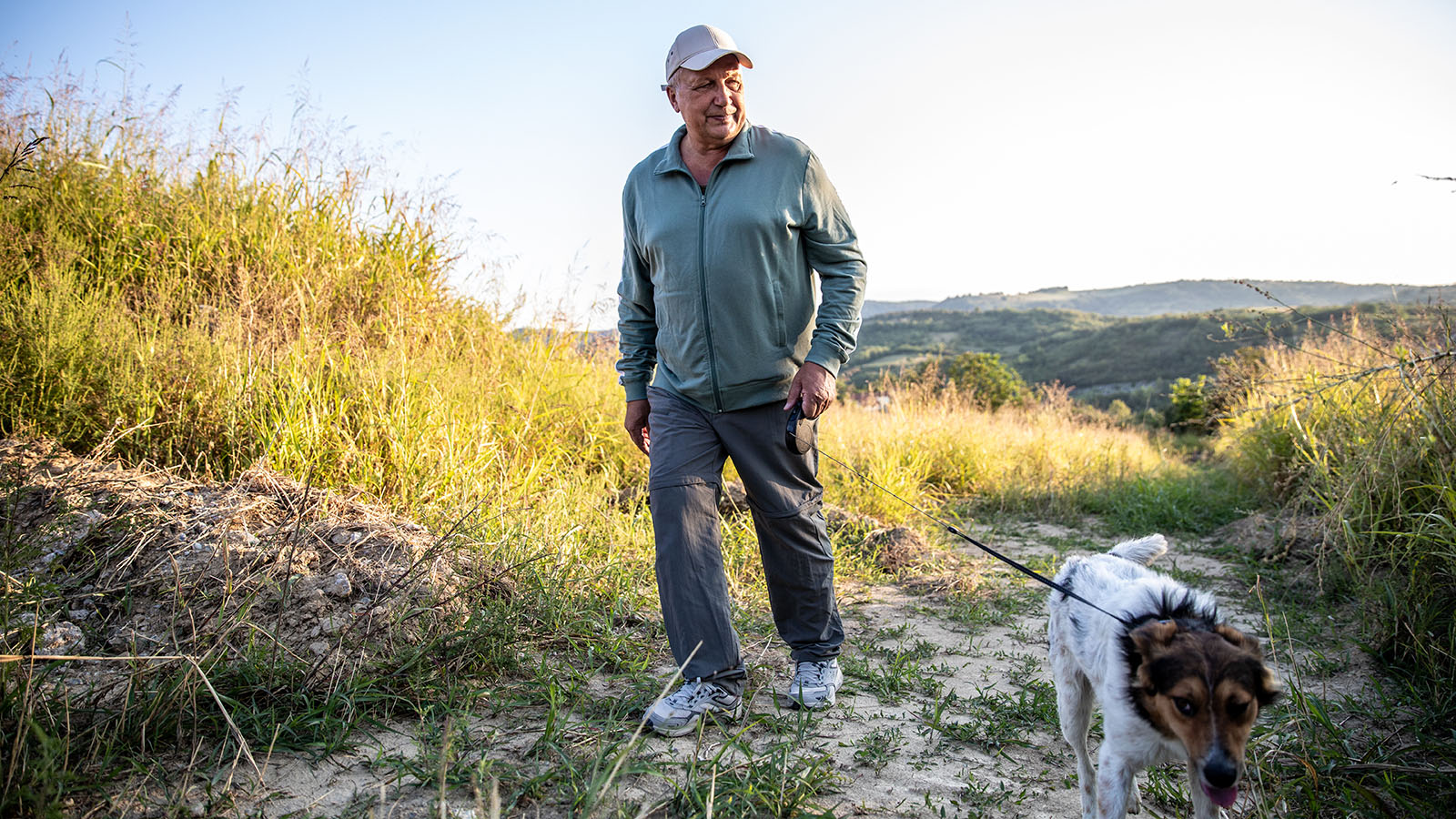
Is Your Daily Walk Making You Really Sore?

IBS and Alcohol: Can You Still Enjoy a Drink?

'Feeling Joy Again': ECT Brain Stimulation Therapy Restores Ashley's Well-Being

Easy, Healthy Lunch Ideas for the Beach

How to Stay Cool and Prevent Heat Illness All Summer Long
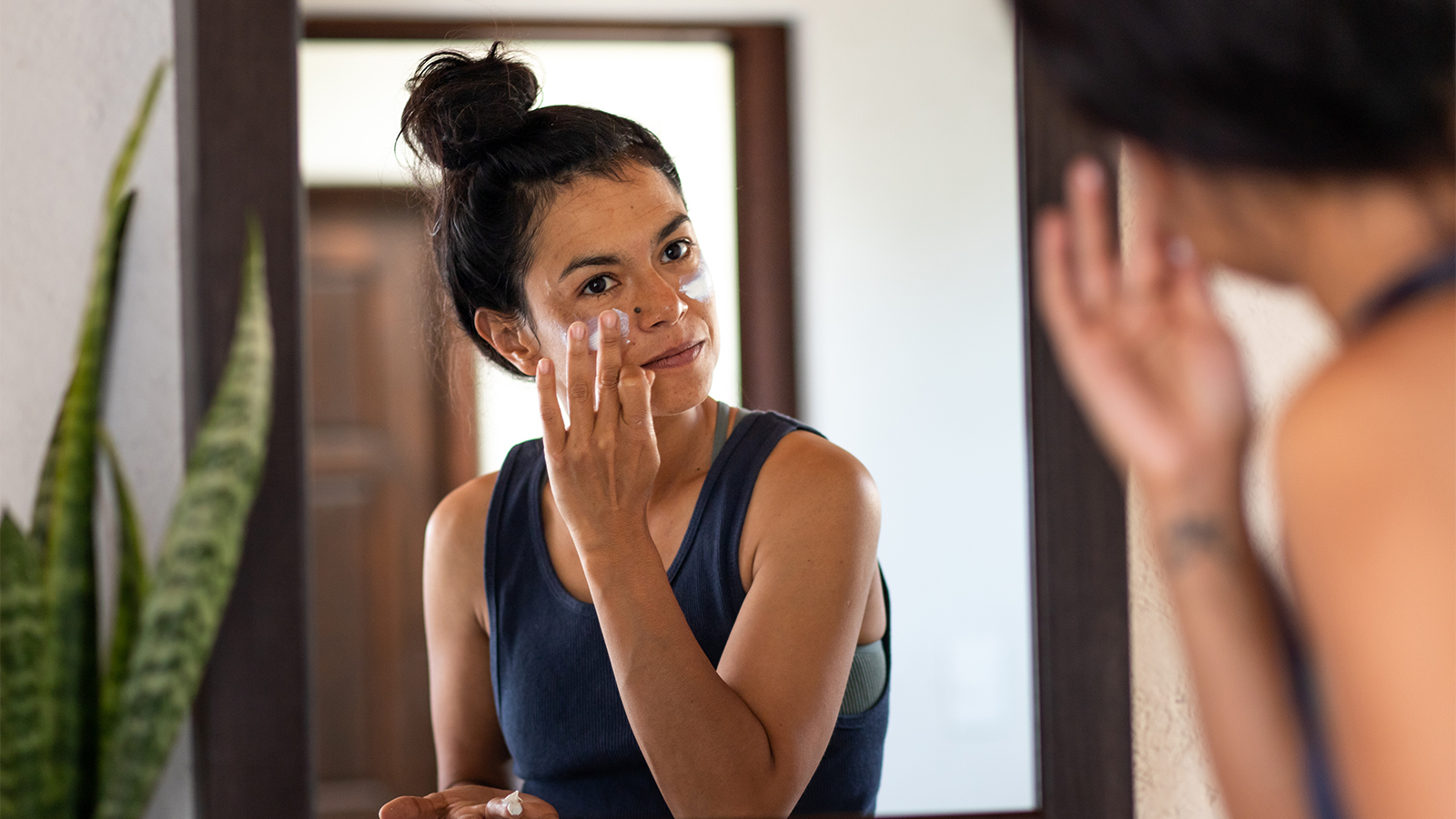
Do Not Get Burned by These Sunscreen Myths

Beat the Bugs and Save Your Summer

How to Have a Healthy Pregnancy if You're Overweight

Why You Get Sick on Vacation (and How to Stay Healthy While Traveling)

6 Hot Tips for a Safer Summer

4 Surprising Health Truths You Should Know

5 Interesting Facts About Your Heart

Is Low Sex Drive Normal? Revealing the Complex Causes of Low Libido in Women

5 Feel-Good Activities to Explore Around South Jersey

Stress Incontinence vs. Urge Incontinence: What's the Difference?

5 Key Facts About Proton Therapy for Cancer Treatment

3 Changes You Can Make Today to Lower Your Cancer Risk

A Lung Cancer Screening Could Save Your Life

Take Pride in our Health: Must Dos for LGBTQ+ Preventative Care

Protect Yourself From Tick Bites and Lyme Disease

10 Quick Ways to De-Stress

Rock On! Jersey Musician Frank Sings the Praises of His New Lung Valves

4 Ways to Stay Fit and Healthy on a Budget

From Restless to Restful: How Movement Improves Sleep

5 Simple Ways to Spring Clean Your Wellness Routine

Best Foods for Kidney Health

5 Essential Winter Foot Care Tips When You Have Diabetes

Your 10-Point Plan to Avoid Winter Weight Gain

Surprising Symptoms May Signal Stroke In Women

8 Key Steps to Better Blood Pressure Control

5 Back Stretches for the Work-From-Home Workweek

The HPV Vaccine: A Powerful Shield Against Cervical Cancer

How Does Breast Density Affect Your Mammogram?

How to Prevent and Treat Urinary Tract Infections

6 Numbers Key to Keeping Your Heart Healthy
Lung Valve Surgery Relieves COPD, Emphysema Symptoms

4 Easy Ways to Treat and Prevent Runner's Knee

Lung Screening, Robotic Technologies Get Pat Kicking Up Her Boots Again

Breast Cancer Diagnosis Inspires Catherine to Help Others

Five Mindfulness Tips That Can Help Heal Your Heart
Working from Home? Take a Quick Break to Stretch Your Wrists

Love Your Heart: Essential Care Tips for Every Stage of Life

How Do I Measure My Blood Pressure at Home?

How Do I Improve My Cholesterol Levels?

3 Ways to Reduce Your Stroke Risk
Firefighter's Successful Lung Cancer Care at Virtua
A Lung Screening Put Teresa Back in the Race

A Breast Self-Exam Saved Kristen's Life

How Sex Keeps You Healthy as You Age

Protect Your Child From HPV and Related Cancers

Why IUDs Might Be The Most Effective Birth Control

5 Things You're Too Embarrassed to Tell Your OBGYN

4 Not-So-Crazy Questions to Ask Your Doctor
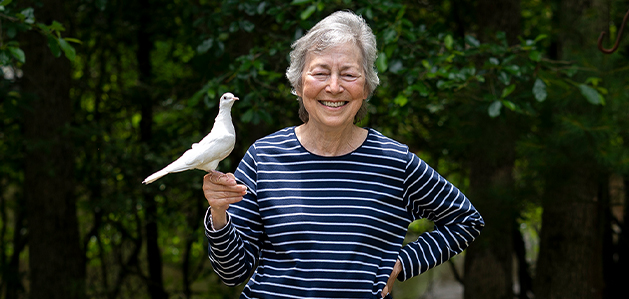
Rectal Cancer Surgery Gets Eileen Back to her Magical Life | Virtua Health
Robotic Surgery Helps Shelly Haney Return to Her Happy Place

